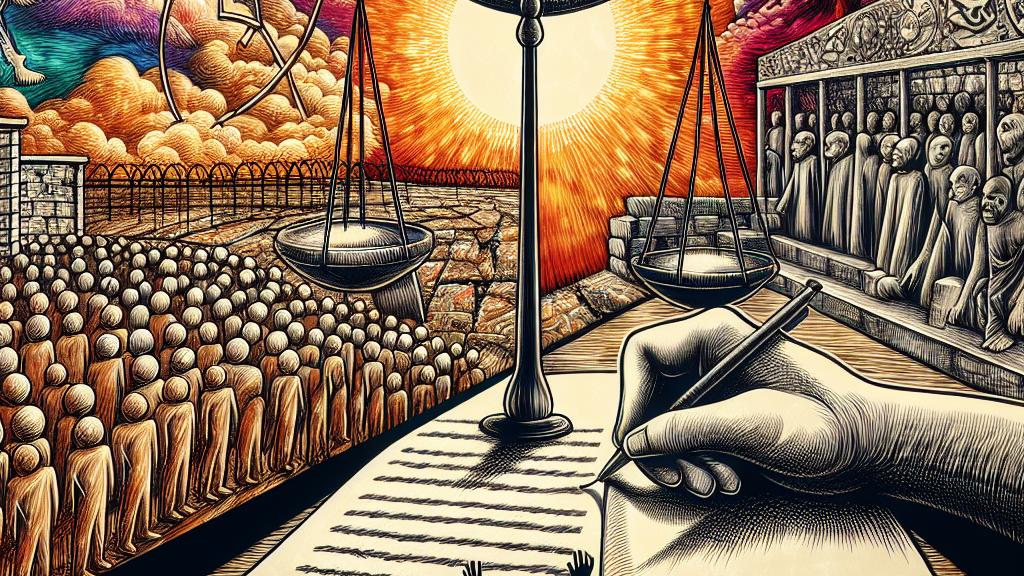Zimbabwe Ends the Death Penalty: A Step Toward Justice
Overview
- Zimbabwe's recent decision to abolish the death penalty marks a transformative moment in its legal history.
- This abolishment is hailed as a significant victory for human rights activists, inspiring hope across Africa.
- Yet, concerns remain regarding the potential for capital punishment's return during states of emergency.

A Historic Decision in Zimbabwe
In a groundbreaking move that resonates deeply within the realm of human rights, Zimbabwe’s President Emmerson Mnangagwa has officially abolished the death penalty. This law, signed recently, signifies a remarkable shift away from a legacy of capital punishment that last saw an execution in 2005. The decision has been met with widespread applause from various human rights groups, including Amnesty International, which described it as 'a beacon of hope for the abolitionist movement in the region.' Imagine, a nation that once participated in the harsh realities of life and death decisions is now stepping into a future that prioritizes justice and rehabilitation over retribution!
The Impact of Abolishment
The effects of this monumental decision are expected to be far-reaching. As of now, around 60 individuals who were on death row will have their sentences reviewed, allowing them to escape the grim fate that awaited them. Judges are instructed to consider not just the details of their crimes but also their personal circumstances and the time already served. This re-evaluation lays the groundwork for a justice system that emphasizes the possibility of redemption. Justice Minister Ziyambi Ziyambi captured this sentiment beautifully when he said, 'This change is more than legal reform; it's a commitment to justice and humanity.' Furthermore, this echoes a larger trend across the southern African region, where discussions about the death penalty are being reignited. As we witness such societal evolution, it begs the question: could Zimbabwe inspire its neighbors to follow suit?
Concerns on the Horizon
Nevertheless, as Zimbabwe embarks on this hopeful new journey, caution must be exercised regarding a troubling clause that allows for the death penalty's reinstatement in states of emergency. This provision raises alarms among activists, suggesting that a path to a more humane justice system may not be entirely secure. Amnesty International has urged the government to eliminate this clause, arguing that true progress in human rights cannot coexist with such potential backtracking. In a country still grappling with political turmoil, the risk of reverting to capital punishment looms large. The world will be watching closely to see if Zimbabwe can maintain its course toward justice and human dignity, and whether it can serve as a model for others that remain entrenched in outdated punitive practices. Ultimately, the strength of Zimbabwe's commitment to abolishing the death penalty will be tested in the days to come.

Loading...